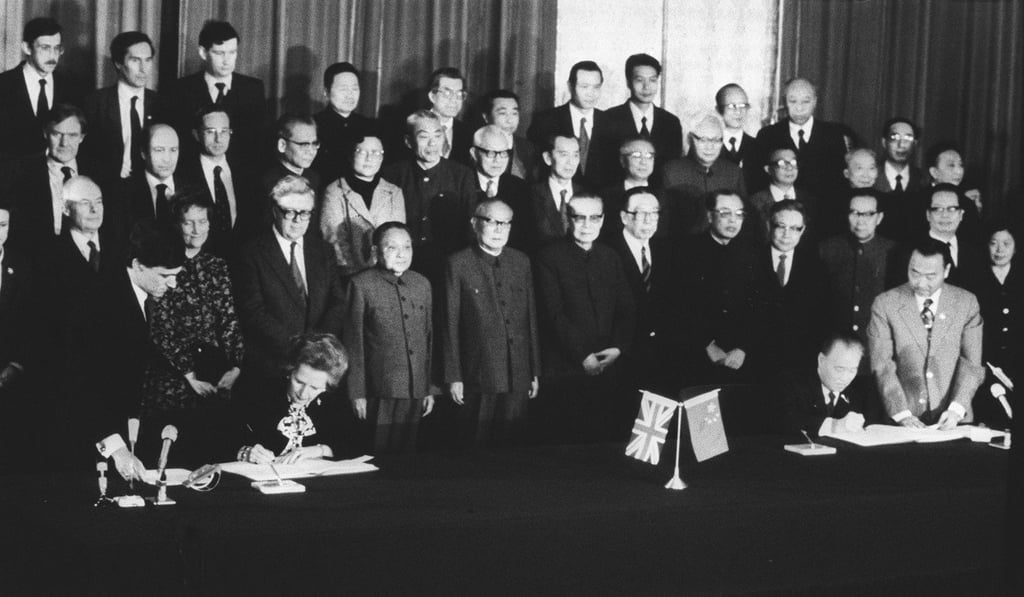There is no ‘loophole’ in Hong Kong’s current extradition law. Rather, it provides a necessary firewall to protect the legal system
- The government must change course on the extradition bill, for the sake of its freedoms and business-friendly reputation
- Alternative means of dealing with offenders such as Chan Tong-kai have been proposed and must be considered

As the former British foreign secretary responsible for the final stage of the handover negotiations with China, I have serious concerns that the proposal put forward by the government of Hong Kong to allow extradition to mainland China will undermine the city’s judiciary and be a breach of the handover settlement that we agreed.
On the first point, clearly the homicide was appalling and should be addressed. However, lawyers and politicians from across the political spectrum in Hong Kong have proposed multiple other viable solutions which will ensure that Chan faces justice. These should be seriously considered by the Hong Kong government as interim solutions, as this will give more time for further consultation on the wider issue of the supposed “loophole” in existing extradition legislation.

